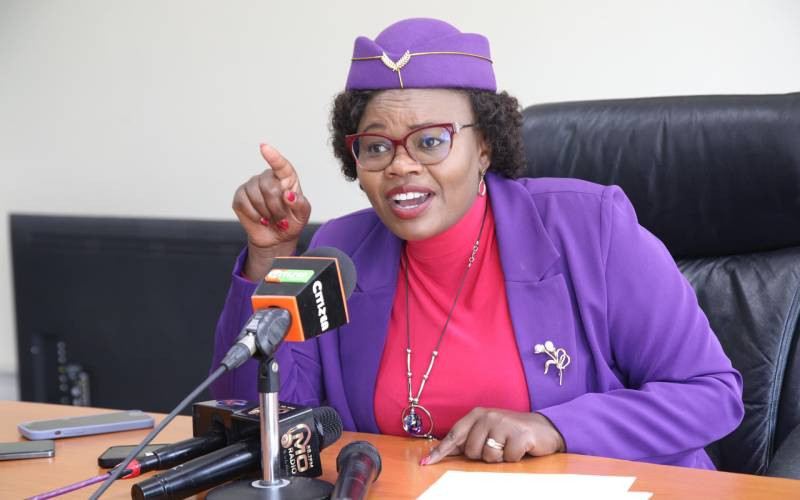President Tinubu to Chair Committee on Nigeria's Digital Public Infrastructure

The Nigerian federal government has inaugurated a Presidential Committee on the Implementation of Digital Public Infrastructure (DPI), a significant step towards advancing the nation's digital economy. The committee, which was inaugurated on Tuesday in Abuja, will be chaired by President Bola Ahmed Tinubu. This initiative was announced by Mr Segun Imohiosen, the Director of Information and Public Relations in the Office of the Secretary to the Government of the Federation (OSGF).
The primary mandate of this high-level committee is to ensure a robust, coordinated, and legally compliant implementation of DPI that aligns seamlessly with Nigeria’s broader development goals. Speaking at the inauguration, the Secretary to the Government of the Federation (SGF), Senator George Akume, underscored the critical importance of DPI in fostering Nigeria's digital transformation. Represented by Dr Bosun Tijani, the Minister of Communication, Innovation and Digital Economy, Senator Akume stated, “The DPI is the key to unlocking new avenues for growth, creating jobs, improving public service delivery and empowering our citizens. To achieve this vision, we must establish a well-coordinated and robust governance structure to drive its implementation.”
The presidential committee has been charged with the crucial task of providing strategic direction and ensuring the coordinated, seamless integration of the three core pillars of DPI. These pillars are Digital Identity, Financial Payments, and Data Exchange. The successful integration of these elements is expected to foster innovation and promote evidence-based decision-making within the government.
Several key stakeholders have voiced their support and outlined their roles in this national endeavor. Engr. Abisoye Coker-Odusote, the Director General of the National Identity Management Commission (NIMC), reiterated the role of NIMC in improving the overall quality of life of Nigerian citizens through a digital publication structure. "We acknowledge our full responsibilities to contribute meaningfully to advance economic growth, enhance citizen engagement and improve overall quality of life through DPI. NIMC pledges its full support and cooperation on this noble endeavour, and together we shall work diligently to ensure the implementation of DPI in Nigeria,” she affirmed.
Dr Kashifu Inuwa Abdullahi, the Director-General of the National Information Technology Development Agency (NITDA), emphasized the critical need for unifying government databases. He highlighted that such unification would facilitate seamless data exchange and significantly enhance the overall life event experience for Nigerian citizens.
Furthermore, Mr Premier Oiwoh, the Managing Director of the Nigeria Inter-Bank Settlement System (NIBSS), pointed to the necessity of building dedicated teams to address local challenges related to identity management and financial payments. He revealed that "NIBSS has been working collaboratively with NIMC to verify National Identity Numbers and Bank Verification Numbers to ensure financial payment and secure transactions by linking their database for more efficient results.”
The 10-member Presidential Committee on the Implementation of Digital Public Infrastructure is composed as follows: President Bola Ahmed Tinubu will serve as Chairman. The Secretary to the Government of the Federation will act as a Member and oversee the Secretariat. Other distinguished members include the Head of Civil Service of the Federation; the Attorney General of the Federation and Minister of Justice; the Minister of Finance; the Minister of Communication, Innovation and Digital Economy; the Minister of Interior; and the Minister of Budget and National Planning. The Director-General of the National Identity Management Commission (NIMC) and the Director-General of the National Information Technology Development Agency (NITDA) will also serve as members.
This concerted effort signifies the government's commitment to leveraging digital technologies to drive national progress, enhance service delivery, and empower its citizens in an increasingly digital world.











